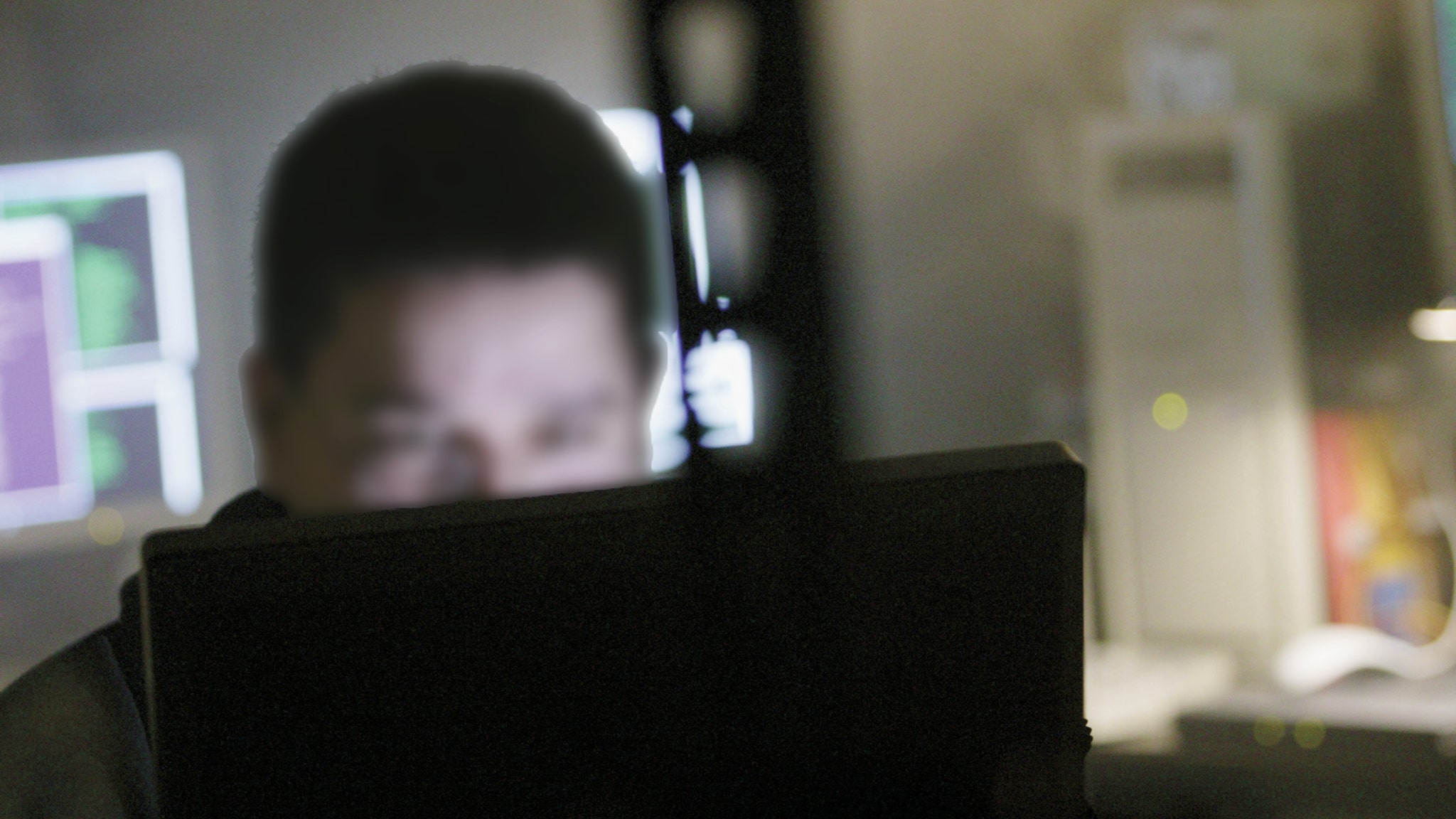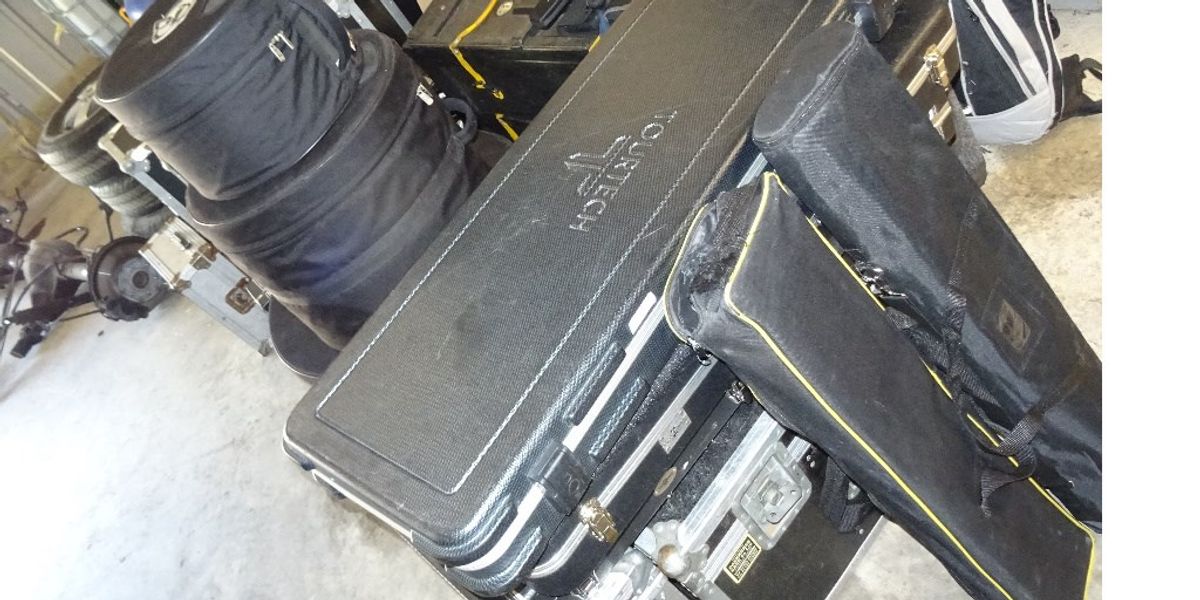
Though the threat of apocalypse has long loomed large throughout their discography, Arcade Fire’s driving energy has, by contrast, always been found in songs that invite us to embrace the full-throated catharsis that comes from remembering we’re alive. While just over a decade ago, Win Butler was lamenting the fantasized loss of San Francisco and singing about packing it in, on Arcade Fire’s superb new sixth album, it appears things have only gotten worse. Now it’s all of California he imagines being lost, but despite the devastation, Butler concedes that it’s “not half bad” in the opening minutes of a dazzling new suite entitled “End of the Empire I-IV.”
Whether or not you believe him is a solid indicator as to what you’ll make of “We.” Serving as Arcade Fire’s first release in five years, the record eschews the ill-fitting cynicism of their last effort and instead doubles down on the rafters-shaking brand of earnest rock that will forever be its signature calling card.
For the married duo of Butler and Régine Chassagne, it’s a formula that’s worked wonders since their band first hit the scene with 2004’s “Funeral.” That record kicked off a meteoric rise for Arcade Fire, who rapidly went from indie darlings to festival headliners to Grammy winners for album of the year.
Given how that all took place in a span of six years, it’s understandable that the group (which also features Richard Reed Parry, Tim Kingsbury, Jeremy Gara, and, until last year, Win’s brother, Will Butler) would subsequently look to explore a bit of new territory. From this pivot came the jittery, disco-drenched stylings of 2013’s “Reflektor” and the hyper-polished disdain of 2017’s “Everything Now.”
The latter was ultimately a bad look for a group which had first endeared itself to fans on the strength of its unapologetic sincerity. But with “We,” Arcade Fire has distilled the best of its past work into a remarkable new 40-minute opus of intimate depth and profound candor.
With this being Arcade Fire’s shortest album to date, there’s a surprising amount of silence to their songcraft this time around. Far from being subdued, however, the breaths of quiet that pace “We” reflect a maturation for the band. With producer Nigel Godrich along for the ride, the pared-down approach does wonders to spark the campfire affections of “Unconditional I (Lookout Kid)” and the foreboding, piano-driven balladry of opener “Age of Anxiety I.”
At its best, however, “We” is a post-apocalyptic love story infused with the urgency only real lovers (and the threat of a real apocalypse or two) could provide.
Split into two sides, the first (“I”) is riddled with anxieties birthed from technology, climate devastation, and the terrible truth that all things must end. On standout “End of the Empire I-IV,” Butler seamlessly progresses from a spot-on John Lennon impression to a Queen-caliber anthem before the song is even halfway done. Then he’s mournfully declaring “I unsubscribe!” as a Pink Floyd-esque saxophone line gives way to the track’s eventual climax.
It’s over nine minutes long, it prominently features Butler yelling “Fuck season five,” and it’s simply brilliant. For those who were unimpressed with Arcade Fire’s debut single, “The Lightning I, II,” it must be said that listening to it as the payoff coda to “End of the Empire I-IV” is the only proper way to experience it. Indeed, “We” is best ingested not as an a la carte offering but rather as a feast to be consumed in one delectable sitting.
On Side II (“We”), the perils of loneliness are replaced with the power of togetherness. If it seems a bit Hallmark, Arcade Fire isn’t bothered. As evidenced by Butler pausing a performance of the achingly heartfelt “Unconditional I (Lookout Kid)” during a recent surprise stop at Coachella, even if the sentiments of this album won’t resonate with everyone, their authenticity is hard to dismiss.
Plenty of special ingredients abound on “We” as well, including contributions from longtime collaborators like Owen Pallett and Sarah Neufeld as well as appearances from the Preservation Hall Jazz Band, Father John Misty, Peter Gabriel and even Butler and Chassagne’s own 9-year-old son, Eddie (credited with “whispers”).
But as the band’s rather low-key rollout for this album (a small run of shows at NYC’s intimate Bowery Ballroom, a last-minute gig at Coachella) makes clear, the emphasis this time around is not on bells and whistles or external bombast but simply on the music itself. That’s more than enough to go on.






































































